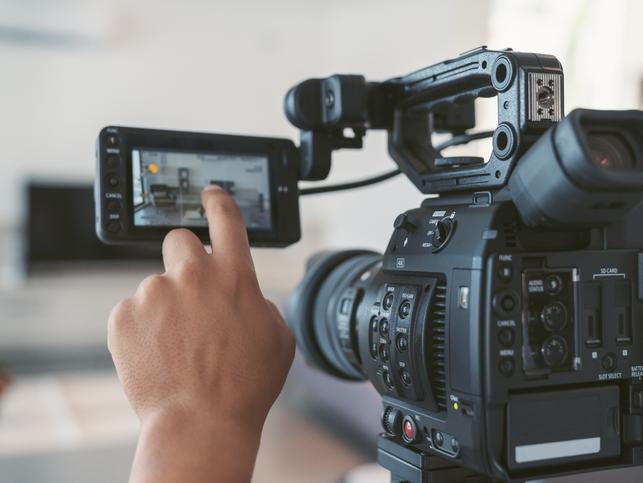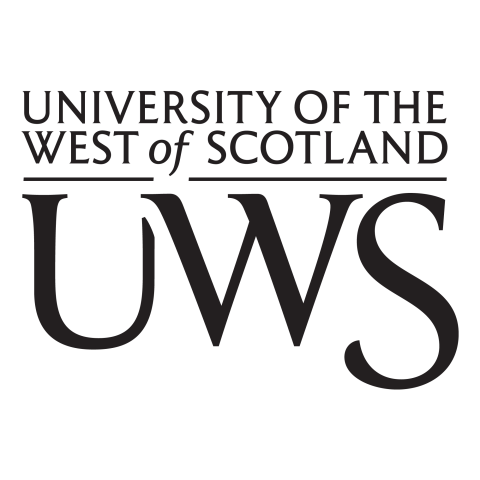
The making of: turning a research project into a documentary
You may also like
Every now and again, you find yourself involved in a university project that feels particularly special – something you think about after hours, something that you know will remain with you once it has concluded. When that project comes along, you really want to talk about it. Sometimes though, words aren’t enough – you want to show people the project. But how exactly do you do that?
It was this thought process that led us to try presenting our research in a different way, demonstrating the real-life impact of one of our projects. We decided to make a documentary.
Finding Our Voice
The research project in question was called Finding Our Voice. Developed in conjunction with theatre group At Home At The Theatre, the initiative saw people living with dementia perform alongside professional actors. We wanted to test performance as a way of unlocking hidden skills and memories – and it worked. Residents at Torrance Lodge Care Home in Kilmarnock, where we ran Finding Our Voice, grew in confidence, giving family members and staff the chance to catch a glimpse of the person who had been hidden for so long.
Making the documentary
The atmosphere during the workshops was infectious. Each session was unique, designed around the interests of the participants. One week, you might be performing musical theatre, the next, stand-up comedy. The challenge was to film these sessions and capture the atmosphere in the room, giving viewers the chance to see for themselves how the participatory performance can enhance lives.
- Life after publication: promote your work for maximum impact
- Amplifying research: five features of successful impact generation
- Five things to know before you launch a research podcast
At the University of the West of Scotland, we are fortunate to have a high number of working professionals from the film and television industries on staff. As a first step, they attended one of the sessions simply to observe – witnessing a high-energy hour, where the sense of joy and achievement from participants was abundantly clear. The room was small, a potential obstacle in capturing what was happening.
We drafted in an experienced camera operator – and UWS alumnus – Steven Donnelly, who has worked on shows such as 007: Road to a Million, Amazon’s The Great Escapists and Billy Connolly: Made in Scotland. Not only did he have the expertise required to work around the limited space, he oversaw two student camera operators and a sound recordist, ensuring the project created valuable opportunities for current students. The film itself was shot over two days, with the workshops themselves facilitated by At Home at the Theatre and BA Performance student Claudia Kelly.
The crew captured enough footage to give the editor a greater choice of shots, but little actual direction was necessary. In situations like this, filmmakers must try to capture the small moments, such as the tapping foot, the encouraging smile, the hand on the arm or simply eyes willing someone on. Occasionally, a director will point these out to a camera operator, but the best moments tend to spot them themselves. It’s about working as another pair of eyes to capture the moments that illuminate the project. The residents were so involved in the workshop that they almost completely ignored the presence of the cameras. Usually, directors can only hope for that to be the case.
The resulting footage was edited by Angela Slaven (you may have seen her recent documentary, Imagine, about the Pet Shop Boys) and demonstrates how film production offers a wide range of opportunities, which is an important learning point for students.
…And that’s a wrap!
We believe the finished film tells the story behind the research – and, crucially, its impact – as effectively as a journal article or conference paper. It will certainly sit alongside these modes of dissemination, adding a level of colour and accessibility. After all, an image is worth a thousand words. Early findings from the project suggest that participation had a positive impact on the residents’ lives, including wider family life and relationships. We hope that, in capturing the work on film, this positivity can be shared and celebrated.
It’s also allowed our students to work with a generation of people they otherwise would not have met in that setting. Not only have they been paid for their work, they’ve worked alongside high-profile figures within the industry.
Would we do it again? Absolutely – and indeed, another documentary is being made about a separate research project, creating further opportunities for students and making the value of our research visible, to an audience who may otherwise not have the opportunity to directly see the impact it has.
Making a film doesn’t have to be a complex process. We live in a world where images and moments are being captured all the time on our smartphones. Sometimes, it takes the embodied viewpoint captured through a smartphone lens to demonstrate the real essence of research. So, perhaps we’re all filmmakers.
If you are thinking that a filmed record could help increase the impact of your research – or add an element to it – talk to lecturers in your film and TV division as soon as possible. They may be able to help with a budget to include in your grant proposal.
As academics, we’re encouraged to shout about our work. Perhaps, by screening it, we are doing so more loudly.
James Layton is lecturer in BA Performance and Paul Tucker and Bettina Talbot are lecturers in BA Broadcast Production: TV & Radio, all at the University of the West of Scotland.
If you would like advice and insight from academics and university staff delivered direct to your inbox each week, sign up for the Campus newsletter.
Additional Links
For more advice and insight related to this topic, see our spotlight guide From the lab to life: how to demonstrate research excellence.




